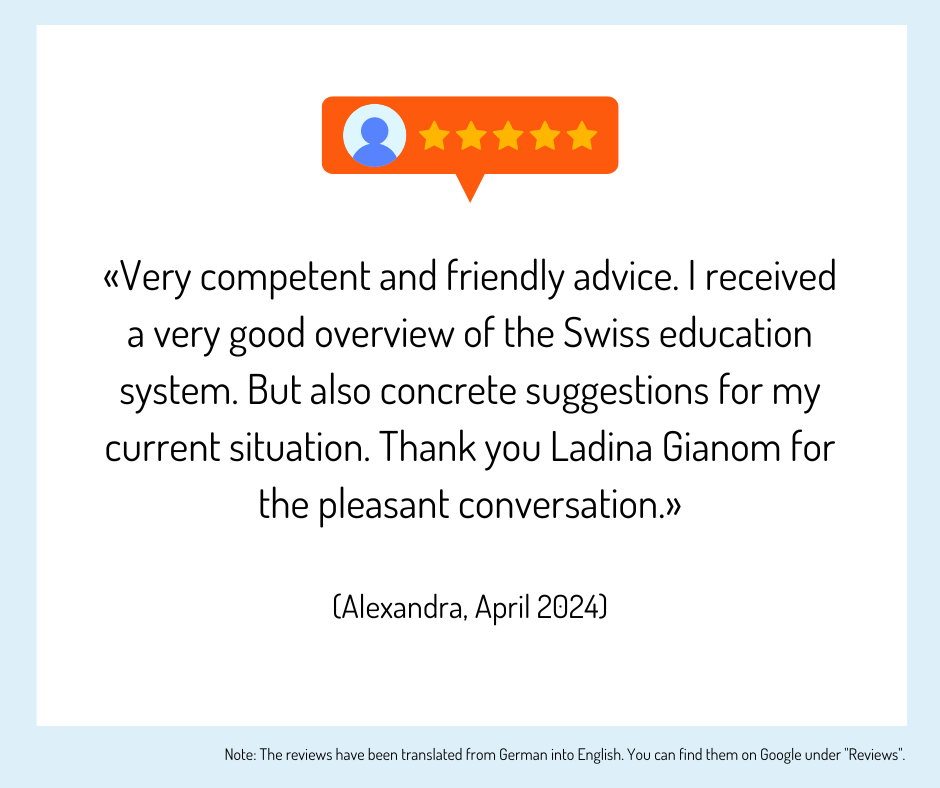Dance therapy: overview of schools and information
Dance therapy: the right way to use it in practice thanks to sound training with courses and seminars
Questions and answers
How long is the training period for dance therapy?
The duration of dance therapy training varies depending on the school. The basic training usually takes around two to three years and the advanced training a further two years.
What does dance therapy training involve?
The learning content of dance therapy training can vary greatly depending on the school, for example: Theme-centered intervention; motor observation criteria; special groups of people; movement notation; embodiment & intersubjectivity; self-awareness; movement syndromes; person-centered intervention; diagnostics; group supervision, individual supervision; intervision; ICF standards. Other schools focus on improvisation, solo choreography, behavioral patterns, relaxation methods, movement methods, body awareness methods, voice work, breath work, yoga techniques, meditation techniques, shaping psychological and physical space, group choreography, music selection, didactics, body work, expressiveness and conversation.
Is there a specific target group for whom dance therapy is suitable training?
Training in movement and dance therapy can be particularly enriching for professionals in education and special education, medicine, therapy or movement.
What degree do dance therapy graduates receive?
Depending on the type of dance therapy training and the school, various qualifications are awarded to prospective dance therapists, such as "Dipl. Bewegungsanalytiker/in, Methode Cary Rick (DBA)", "Diplom Tanz- und Kunsttherapeut/in", "Tanz- und Bewegungstherapeut/in" or "Prozessorientierte/r Tanz- und Bewegungstherapeut/in".
Where do dance therapy graduates find employment?
Dance therapists work in homes, clinics, practices, schools and socio-educational institutions, in day clinics, special workshops, psychiatric and psychosomatic medical practices, in psychiatric facilities, in aftercare facilities and counseling centers, in psychosomatic facilities, in the leisure sector or on a self-employed basis.
Do dance therapy participants need special dance experience?
Special dance experience or even dance training is not necessary for admission to dance therapy training. Normal physical and mental resilience, enjoyment of movement and possibly some practical experience with movement are sufficient.
Erfahrungen, Bewertungen und Meinungen zur Ausbildung / Weiterbildung
Haven't found the right training or further education yet? Benefit from educational advice now!
Further training is not only important in order to maintain or increase professional attractiveness, investing in training or further training is still the most efficient way to increase the chances of a pay rise.
The Swiss education system offers a wide range of individual training and further education opportunities - depending on your personal level of education, professional experience and educational goals.
Choosing the right educational offer is not easy for many prospective students.
Which training and further education is the right one for my path?
Our education advisory team will guide you through the "education jungle", providing specific input and relevant background information to help you choose the right offer.
Your advantages:
You will receive
- Suggestions for suitable courses, seminars or training programs based on the information you provide in the questionnaire
- An overview of the different levels and types of education
- Information about the Swiss education system
We offer our educational counseling in the following languages on request: French, Italian, English
Register now and concretize your training plans.











